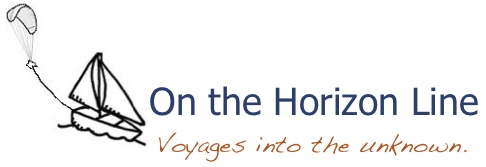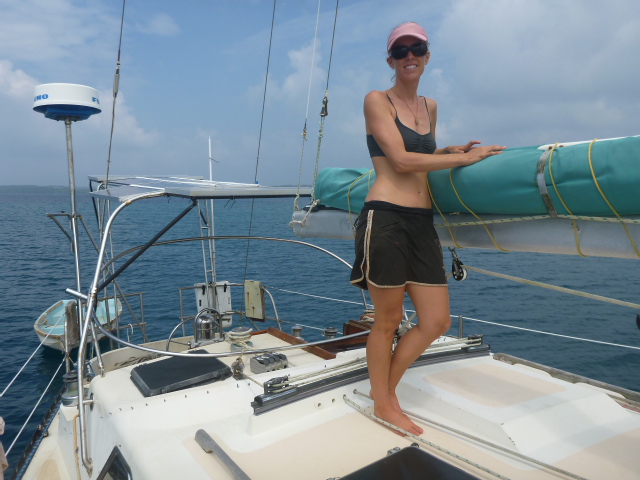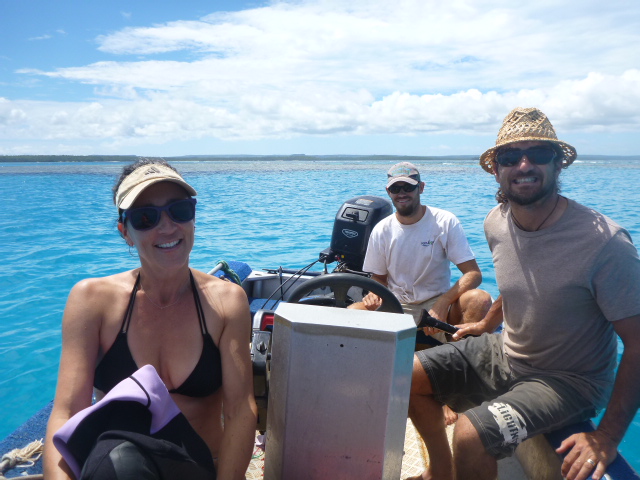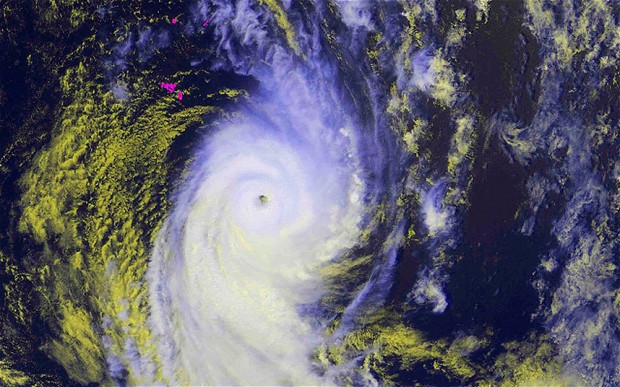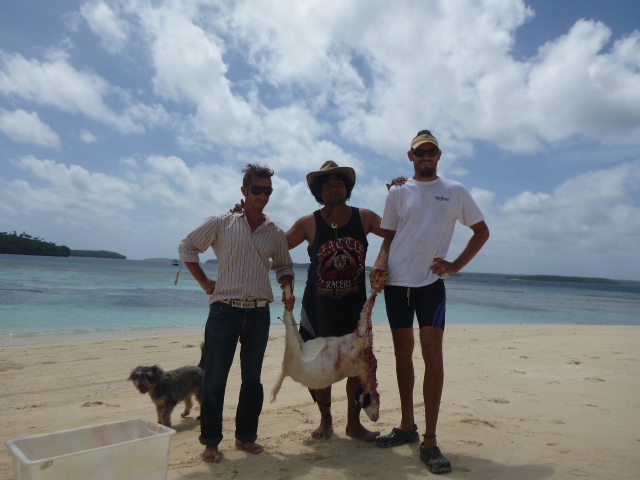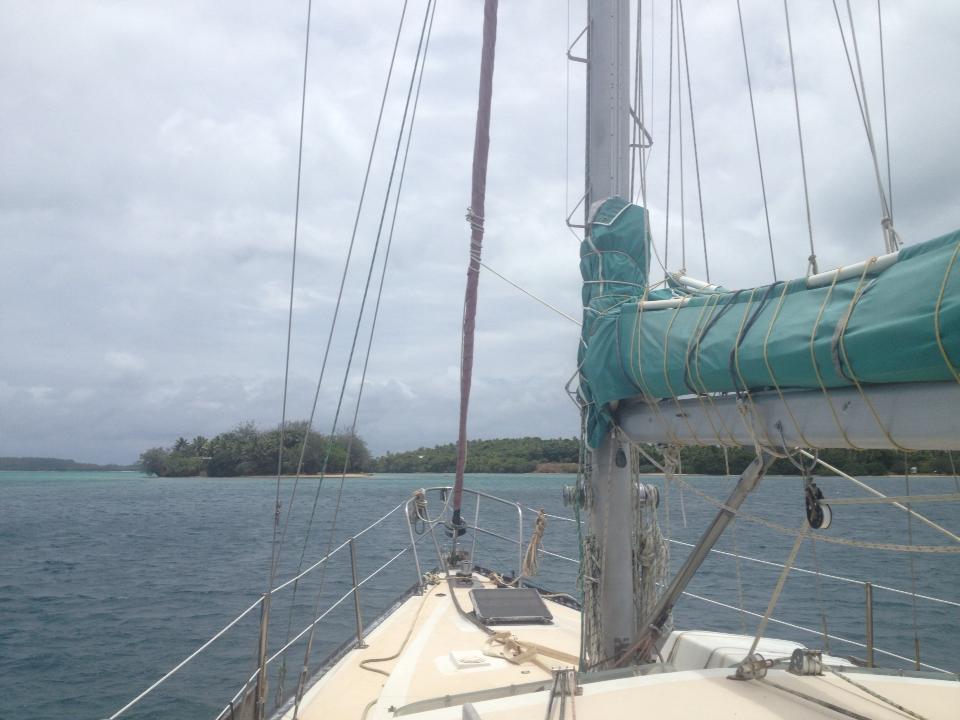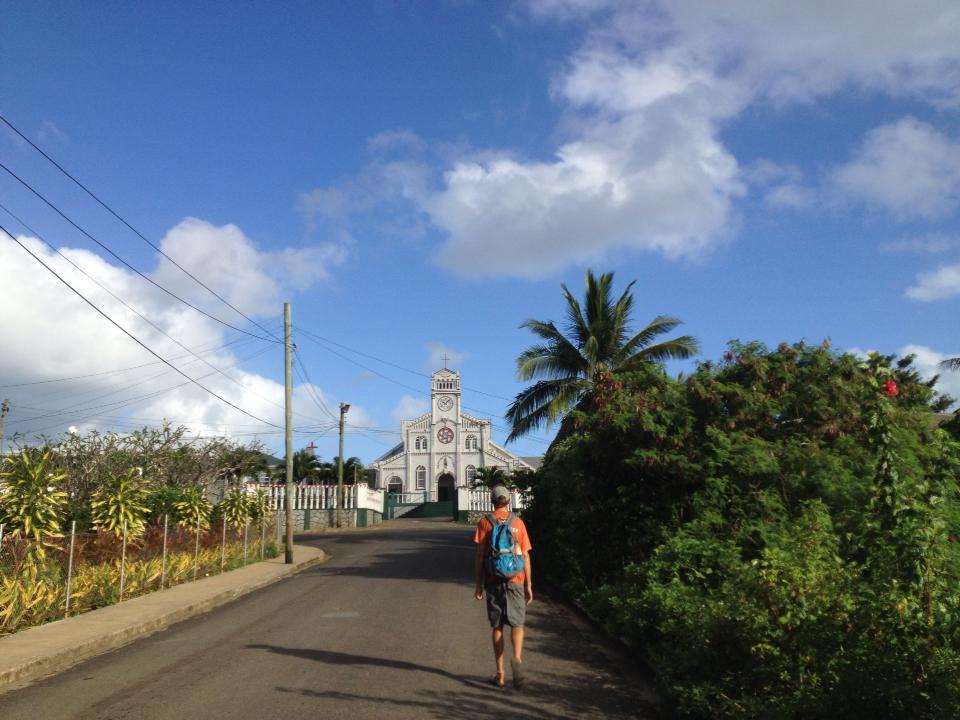Growing a Baby on a Boat
The first question I get after the requisite “how are you feeling?” is “did you find it hard to be pregnant on a sailboat?” Short answers? Really good and not at all.
Actually, I’ve felt eerily not pregnant, based on the lack of first trimester symptoms most of my friends complained about: exhaustion, morning sickness, food cravings. And I attribute my breezy early pregnancy to the fact that I was on a sailboat. Keep reading my story by clicking here.
Every view of this article on Mamalode sends me a dime or two. Thanks for your support!
